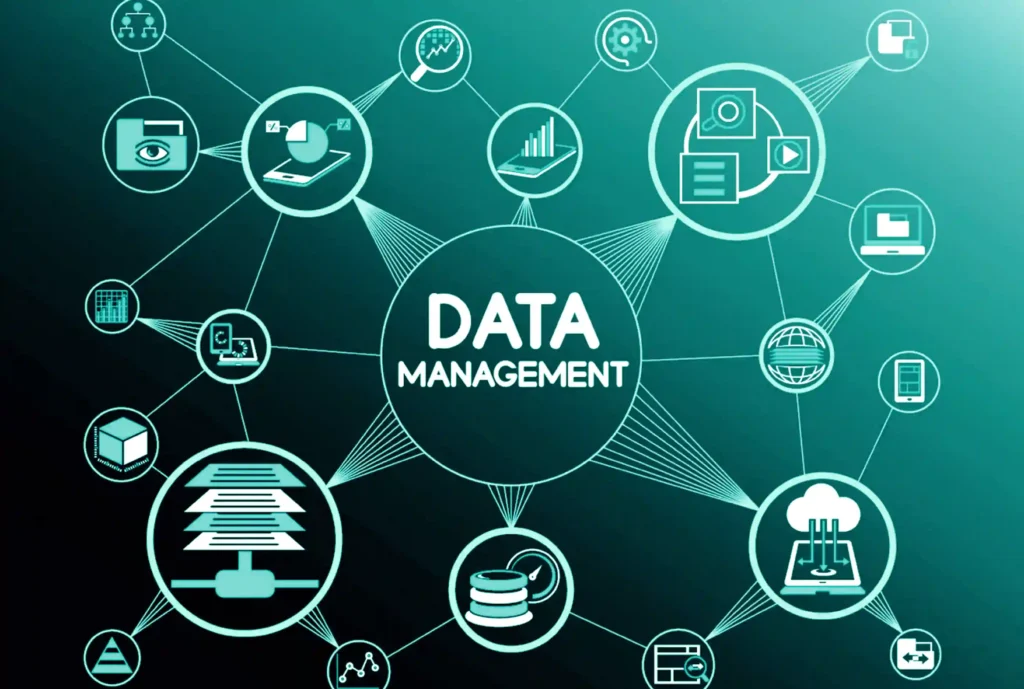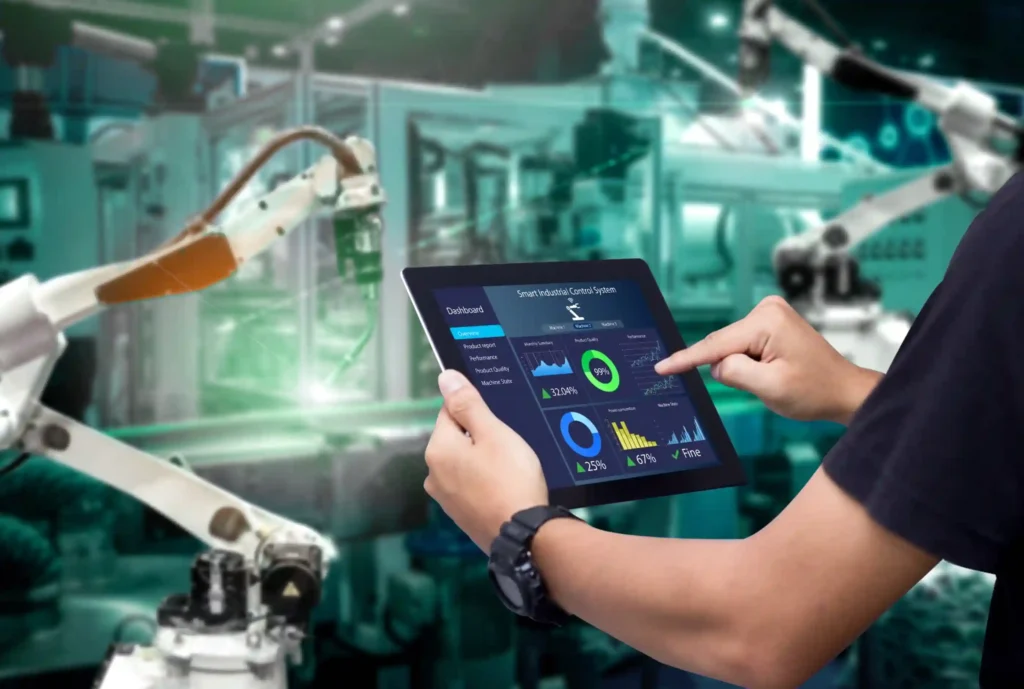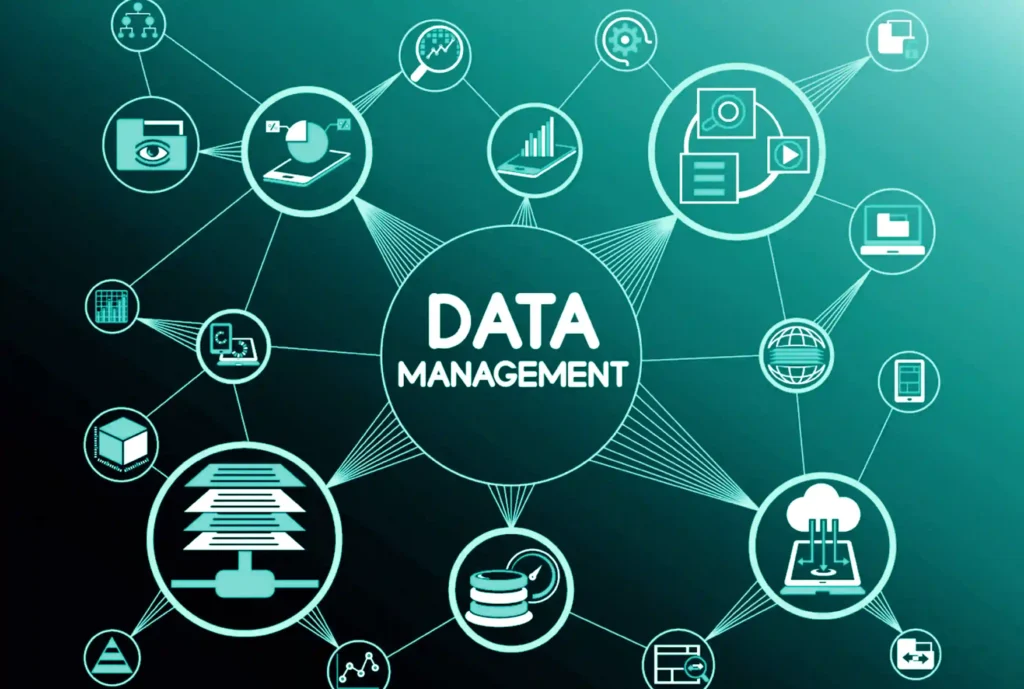Explore how AI Servers are revolutionizing AI development, powering business transformations, and shaping the future of artificial intelligence in diverse industries.
AI servers are robust devices that are important for the growth and progress of AI technologies. Such servers approach supercomputers that are specifically made for handling difficult AI tasks like data processing, machine learning, and deep learning. We’ll look at how AI servers are transforming artificial intelligence going forward and how they’re affecting different industries in this blog.
Understanding
AI servers are not like conventional PCs. High-performance parts including potent CPUs, powerful GPUs (Graphics Processing Units), and massive RAM (Random Access Memory) are used in their construction. Together, these parts can process the huge amounts of data and complex computations needed for AI applications.

How AI Servers Work?
AI servers process data using neural networks and algorithms. They can able to generate judgments or predictions based on the data, identify patterns in large datasets, and assess them. AI models must go through this “training” process to gradually increase their performance and accuracy.
Revolutionizing Industries
Healthcare:
By providing advanced medical imaging analysis, medical diagnosis, drug discovery, and customized medications, they are transforming the healthcare industry. They help healthcare providers make better decisions by providing highly accurate analysis of medical imagery such as MRI scans and X-rays.
Finance:
They are used in the finance sector for automated customer care, risk assessment, algorithmic trading, and fraud detection. They support financial organizations in making defensible decisions by analyzing financial data in real time, detecting problems, and predicting market trends.

Manufacturing:
With autonomous robotics, supply chain optimization, predictive maintenance, and quality control, they are revolutionizing manufacturing operations. To increase productivity and reduce downtime, they can evaluate production data, identify any equipment problems, and optimize workflows.
Transportation:
AI servers are used in the transportation industry to power driverless cars, traffic control, route optimization, and vehicle predictive maintenance. To improve efficiency and safety, they can analyze road conditions, process sensor data from cars, and make choices in real-time.
Benefits
Speed and Performance:
High-speed processing and performance are provided by them, which help AI models to learn and infer more quickly, producing insights and decisions more quickly.
Scalability:
Because they are scalable, they can manage growing workloads and data volumes as the complexity of AI applications increases.
Accuracy:
By using cutting-edge technology and algorithms, they produce precise results that lower error rates and increase the dependability of AI models.
Cost-Effectiveness:
All sizes of businesses can now afford AI technologies because of AI Servers’ increasing cost-effectiveness despite their high-performance capabilities.
Challenges & Things to Think About
Information Security:
Maintaining data security and privacy is important for avoiding unwanted access or hacking of data, particularly when using AI servers to handle sensitive data.
Energy Use:
Because AI servers use a lot of electricity, there are environmental issues. Developments are underway to create AI hardware and algorithms that use less energy.
Emerging Trends
Federated Learning: They are investigating federated learning methods, which help several servers work together and train AI models with decentralized data sources while maintaining data security and privacy.
Explainable AI: Explainable AI features are being added to AI servers, providing transparent and understandable AI models to provide knowledge about decision-making procedures and promote accountability.
AI Hardware Acceleration: To speed up AI calculations, increase efficiency, and reduce training times, AI servers utilize hardware accelerators such as GPUs, TPUs (Tensor Processing Units), and FPGAs (Field-Programmable Gate Arrays).
Considerations
Data Management: To ensure the ethical and responsible deployment of AI, effective data management procedures are needed for AI servers. These practices include data quality, data governance, data security, and compliance with data regulations.
Scalability and Flexibility: To handle growing data volumes, adjust to shifting workloads, and support a variety of AI applications and algorithms, AI servers need to be both scalable and flexible.

Ethical and Fair AI: To ensure that AI systems benefit society while limiting potential risks and drawbacks as well as ethical considerations, equality, unfairness reduction, transparency, and accountability must be given top priority in AI server deployments.
FAQS
AI servers are powerful computing systems designed specifically for artificial intelligence tasks. They handle complex algorithms, data processing, and machine learning models efficiently, supporting various AI applications and research projects.
AI servers are typically built by tech companies specializing in server hardware, such as Dell, HP, Lenovo, and NVIDIA. These servers are designed to handle complex AI computations efficiently.
Character AI servers may have performance issues due to factors like server load, limited computational resources, or complex algorithms. Optimizing these areas can improve AI server performance for better character interactions in games.
Conclusion
The cutting edge of artificial intelligence innovation and advancement is provided by AI servers. Their capacity to analyse huge amounts of data, spot patterns, and come to wise judgments is transforming markets and influencing the direction of AI technology. With continuing advances in AI hardware and algorithms, AI servers will become more and more important in opening new avenues and bringing about significant transformations in a variety of industries.














